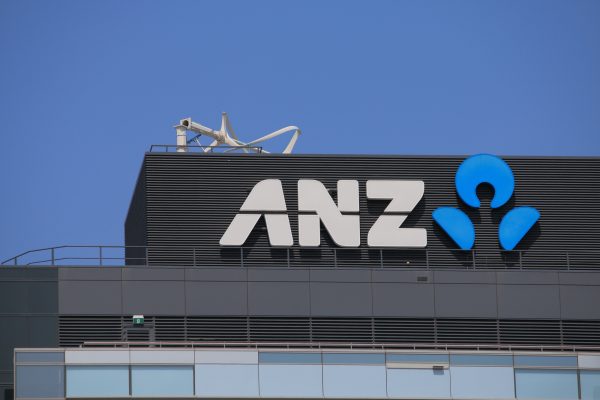
Australia’s ANZ Bank has announced it will cease its operations in Myanmar by early 2023, the latest international firm to exit due to the economic and political turmoil that has followed last February’s coup d’état.
In a brief statement Tuesday, the bank said it had been facing “increasing operational complexity” in Myanmar over the past several months and was “working with its institutional customers to transition to alternative banking arrangements.”
“The decision follows careful consideration of the local operating conditions,” ANZ’s international managing director, Simon Ireland, said in the statement. “Our international network and supporting the trade and capital flows of our customers around the region is a critical part of our strategy, and will continue to be for the long term.”
“Increasing operational complexity” is certainly one way of describing how the situation in Myanmar has developed in the nearly two years since the military seized power, deposing the elected National League for Democracy (NLD) government. The coup prompted instant resistance and has sparked the country’s raft of existing civil conflicts into a nationwide conflagration.
This has crippled Myanmar’s economy, tanking the value of the kyat, swelling the underground economy, and causing a sharp contraction in the country’s gross domestic product. The latest outlook by Fitch Solutions, published this week, predicted that the country’s economic growth rate would increase from 0.5 percent this year to 2.5 percent next year, but “this would still leave output 15% below where it was before the civil war.”
For these reasons, and the dire public relations challenges of remaining in business with the junta or its auxiliaries, a number of international companies have made for the exits. Among the most significant have been the oil majors TotalEnergies and Chevron Corp, and the Norwegian telecoms provider Telenor.
In 2014, ANZ become one of the first international banks to receive a banking license from the Central Bank of Myanmar, one of many foreign firms whose arrival symbolized Myanmar’s opening to the world under the quasi-civilian government led by former general Thein Sein.
The bank’s surprisingly belated decision to pull out of Myanmar comes about three weeks after the local advocacy group Justice for Myanmar (JFM) exposed the bank’s dealings with Innwa Bank, a subsidiary of the military-owned Myanmar Economic Corporation (MEC) that it described as a “key financial institution of the Myanmar military cartel,” which has been sanctioned by the United States, European Union, and United Kingdom, and said it had facilitated customer payments to the military junta. It said that ANZ was able to do so due to the Australian government’s refusal to sanction the military administration.
It also follows the decision last month by the Financial Action Task Force (FATF) to add Myanmar to its money laundering and terrorism financing blacklist, alongside North Korea and Iran. With this move, the FATF has for the first time effectively placed Myanmar banks and financial entities outside the mainstream of the international financial system, and forced firms dealing with Myanmar citizens or companies, including ANZ, to fulfill onerous reporting requirements.
Earlier this week, JFM spokesperson Yadanar Maung said that the group welcomed ANZ’s decision, but called on the bank to ensure that its exit did not benefit the country’s military ruling caste. “This must involve mitigating and remedying the impact on their staff and ensuring that they repatriate all funds, so they do not leave a windfall for the terrorist military junta,” Yadanar Maung said.
While ANZ’s operations in Myanmar were relatively modest, its withdrawal is perhaps the first indication of the economic impacts that the FATF listing could have on the country. As the ABC reported this week, “the decision means by early next year no substantial Western banks will remain in the country.”
Australia’s ANZ Bank Exits Myanmar Due to Post-Coup Turmoil
Source: Frappler

0 Comments